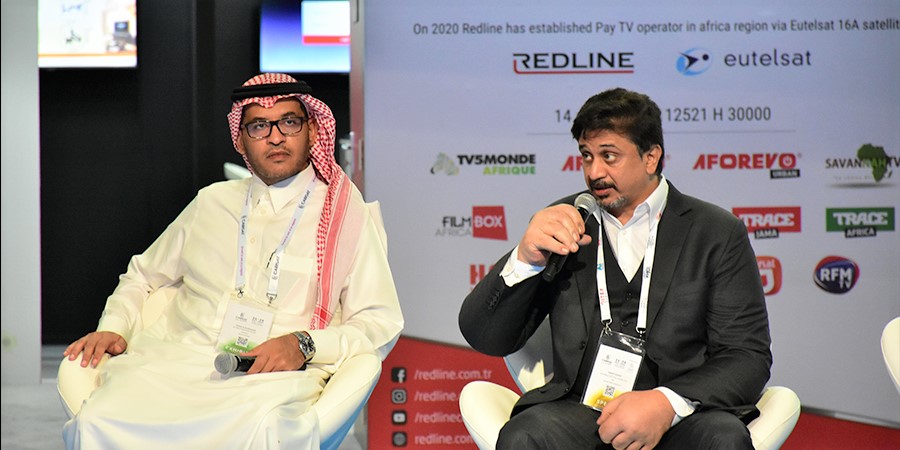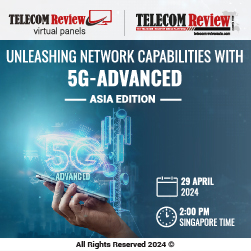During CABSAT 2021, a panel discussion focusing on the topic of building a smart, connected IoT-enabled world was conducted at the SATEXPO Summit stage.
Moderated by Riaz Lamak, lead in international programs in humanitarian assistance & disaster response and training certification, GVF, the panelists involved were Dr. Badr Alsuwaidan, current VP & CTO and acting CEO of Arabsat; Hamid Nawaz, general manager, MECA, SES Networks; and Mesut Ciceker, chief advisor, SSI-Monaco.
When asked about how the IoT market is expected to pan out across the Middle East and how will it draw more demand for satellite services throughout the region, Dr. Badr responded, “Everybody now is more connected and needs to be connected. To be connected everywhere, anytime, satellite is one of the available coverages and services. In terms of IoT and other services, satellite connectivity is the best, providing backhaul for different cities and enterprises that have to be working remotely.”
“Now, we see that the investment in the space industry is huge, and the interest of space industry has gone beyond governments or strategic needs and services. Also, the connectivity that we seek everywhere is applicable and critical for IoT which goes beyond collecting data. There are more IoT applications being touched by not only large entities but also small ones,” Dr. Badr added.
On the other hand, Hamid shared insights about fixed and mobile broadband and how satellites have shifted from their traditional stance in the industry. “If we go traditionally, satellites have been filling the gap where mobile service has not been available. With the innovations that we, as SES, as well as others, have embraced in the last seven years or so, we can actually have the backhauling of the data for the mobile operators so that they can provide mobile broadband to the customers, hence, increasing the reach of the data or internet to end-users, especially in the far-flung areas.”
On the other hand, mentioning 5G’s impact on the satellite industry, Hamid pointed out that “Satellites would have to be flexible to support 5G. It is very important to understand what 5G use cases are, such as the aggregation of the IoT devices. The data from there would require super high speed and ultra-low latency.”
Moreover, satellite services are now complementing IoT services and are influenced by other innovative developments of today. Mesut said, “The software-defined, small, smart satellites with the onboard computing features really helped the operators, similar to how they have fixed coverage for satellites in the earlier days. Software-defined with fluid digital processing satellites allow operators to be flexible and to address the requirements and traffic demands from wherever their positions are.”










